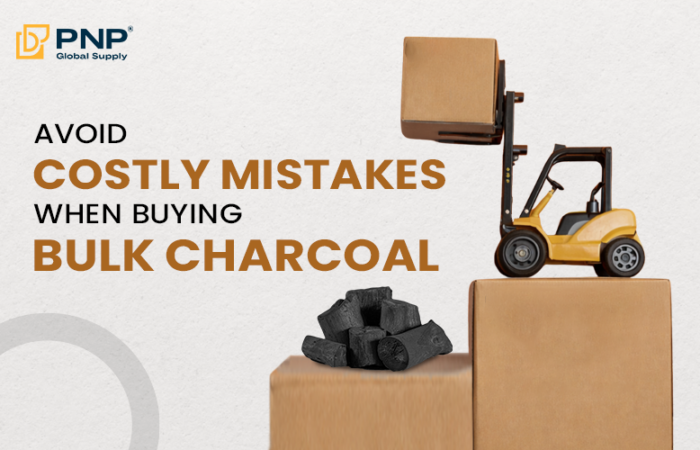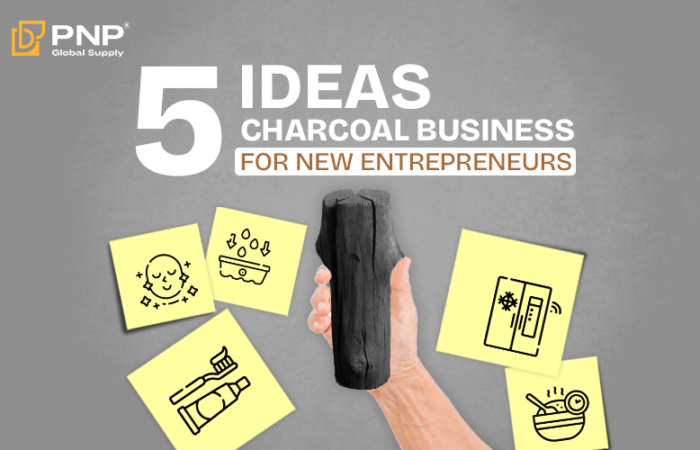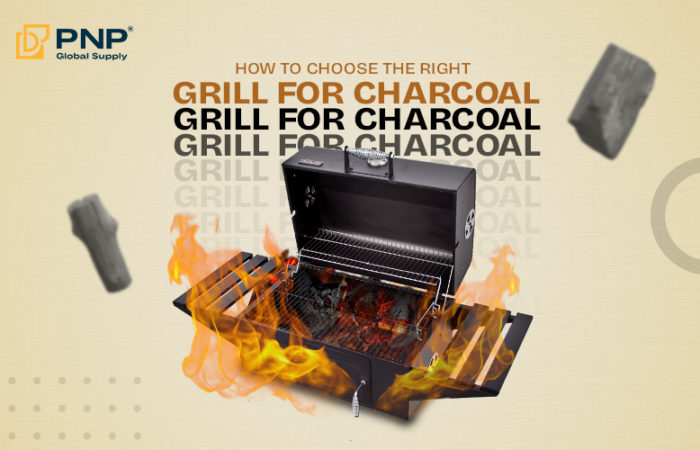In the world of professional BBQ, charcoal is far more than just a heat source—it’s the foundation of flavor, texture, and speed. Unlike home grilling, commercial kitchens demand a high-performance fuel that burns long, burns clean, and stays consistent through busy dinner services. This is where charcoal for restaurants stands out.
Restaurant-grade charcoal is specifically chosen for its stability, high heat, and clean burn, helping chefs deliver the perfect grilled dish every time. But what exactly makes this type of charcoal special? Let’s explore its key features and why it matters so much in a charcoal restaurant setting.

Why Charcoal for Restaurants Must Be Different
A typical BBQ restaurant serves hundreds of portions in a single night. This means the grill fire runs for hours non-stop. If the charcoal burns too quickly, smokes excessively, or sparks unpredictably, it can delay service, compromise food quality, and even pose safety risks. That’s why charcoal for restaurants must meet strict requirements:
- Long burning time: Ideal restaurant charcoal burns for 3–5 hours without needing to be replaced constantly.
- High and stable heat output: A strong charcoal burning temperature ensures fast and even cooking without drying out the food.
- Low smoke, no chemical odors: This keeps the food’s flavor pure and the dining space clean.
- Safe and spark-free: No popping, no flying embers, making it safe for open-kitchen or tableside grilling.
The Leading Charcoal Types for BBQ Restaurants
Binchotan Charcoal – The Gold Standard
Among the most premium options is Japanese Binchotan charcoal, often used in high-end charcoal restaurants serving Japanese cuisine.
What makes it special?
- Extremely dense carbon structure from high-temperature kiln burning (over 1,000°C).
- Burns up to 5 hours with consistent heat output.
- Virtually smokeless, odorless, and produces no visible flame.
- No sparks, making it perfect for delicate items like skewered eel or Wagyu beef.
Although it comes with a higher cost, Binchotan pays off by offering unmatched efficiency, clean grilling, and an elevated dining experience.
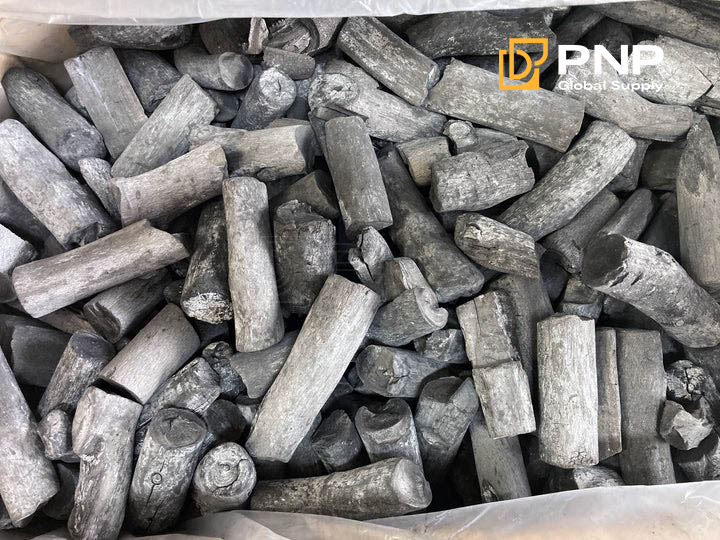
Charcoal Briquettes – Durable and Consistent
For fast-paced BBQ restaurants or buffet-style grilling, charcoal briquettes are a practical and cost-effective solution. Unlike lump charcoal, briquettes are manufactured by compressing biomass materials such as sawdust, coconut shell, or other natural residues into uniform shapes—usually cylindrical or pillow-shaped.
Their main advantages include:
- Uniform shape and size for easy stacking and airflow.
- Consistent burning performance, making heat control more predictable.
- Longer burn time than standard lump charcoal, suitable for extended service hours.
- Low smoke and low ash, reducing cleanup time and maintaining a clean kitchen environment.
Among the popular types of briquettes used in restaurants:
- Sawdust Briquettes: Made from compressed sawdust without additives, these briquettes burn clean and hot, ideal for grilling meat, skewers, or seafood with minimal interference from smoke.
- Coconut Shell Briquettes: Produced from natural coconut shells, these are known for being eco-friendly, with high heat output and a relatively longer burn duration. They’re especially favored by BBQ venues that emphasize sustainability and clean cooking.
By using the right type of charcoal briquettes, restaurant owners can reduce fuel waste, improve kitchen efficiency, and still deliver perfectly grilled meals, dish after dish.

Lump Wood Charcoal – Ideal for Authentic BBQ Flavor
Many restaurants that focus on grilled meats, ribs, or seafood prefer using lump wood charcoal for its natural burn and aroma. This type of charcoal is made directly from solid hardwood without compression or additives, delivering strong, responsive heat and a traditional smoky flavor.
Popular wood types used for lump charcoal in restaurants include mangrove charcoal, kaya charcoal, longan charcoal, coffee wood charcoal, eucalyptus . . .
Lump wood charcoal can be used on its own or mixed with briquettes to balance cost-efficiency and grilling control, especially in high-volume kitchens.
Learn more about suitable charcoal options for restaurant use in this guide: What are the Suitable Types of Charcoal for Restaurants?
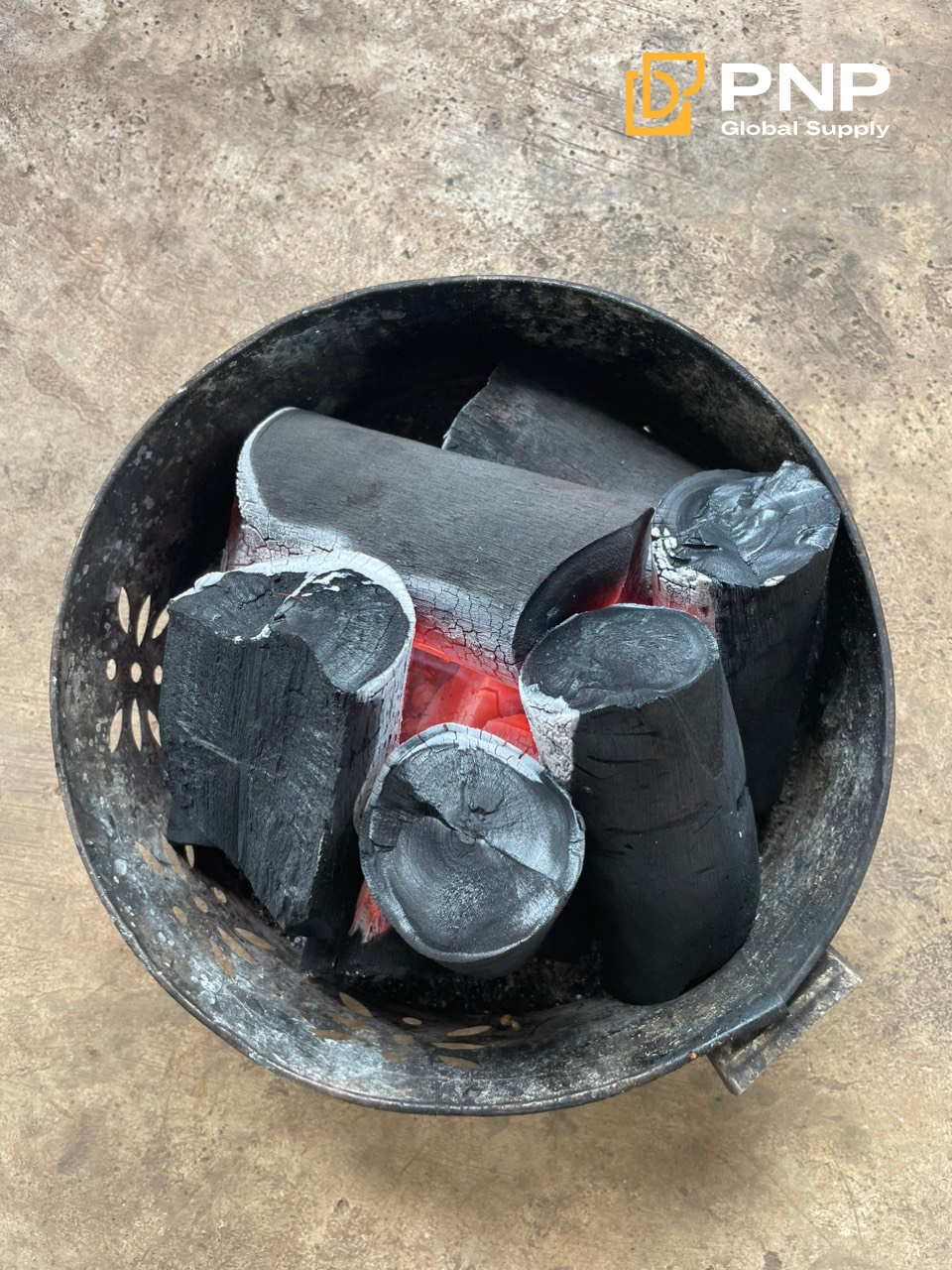
Key Specifications of Restaurant Charcoal
High-quality charcoal for restaurants must meet precise technical standards. Here’s what to look for:
- Calorific value: At least 6,500 kcal/kg to achieve and sustain high charcoal burning temperature (350–400°C at the grill surface).
- Burn time: Should last 3–5 hours depending on the type.
- Moisture content: Less than 5% to prevent popping or unstable flames.
- Ash content: Ideally below 6% for easier cleanup and better airflow.
Why Restaurant Charcoal Pays Off in the Long Run
Better Grilling Results
High-performance charcoal ensures a consistent crust, retains moisture in the meat, and enhances flavor—especially when used with marinated meats or delicate cuts. Guests will notice the difference, especially when the food hits the table hot and perfectly grilled.
Cost Efficiency
Because of the long burn time, restaurants use less charcoal per shift. That translates to real savings on fuel—up to 20% lower consumption compared to lower-grade charcoal.
Operational Safety
Low-moisture charcoal reduces the risk of sparking, burns more predictably, and produces less ash, making it safer for kitchen staff and reducing maintenance effort.
Brand Reputation
Using authentic charcoal for grilling, such as sawdust briquettes or Japanese Binchotan charcoal, also supports your restaurant’s brand story. Sustainability and ingredient transparency matter more than ever to modern diners.
Where to Source High-Quality Charcoal for Restaurants
When buying restaurant-grade charcoal, choose a supplier that:
- Offers technical test reports (moisture, calorific value, ash).
- Provides sample orders for trial runs before committing to bulk.
- Has a diverse product range: binchotan, briquettes, hardwood charcoal.
- Supports logistics and training (some suppliers even help set up your ventilation and fire safety systems).
Avoid sourcing from general markets or small online shops without documentation—restaurant use demands consistency and reliability that only professional suppliers can provide.
PNP Charcoal offers a wide range of high-quality charcoal for restaurants. Visit our website: pnpcharcoal to explore products, request samples, and find the best fuel for your kitchen.
Conclusion
At the heart of every successful charcoal restaurant is the fire—and at the heart of that fire is quality charcoal. Whether it’s the elegance of Japanese Binchotan, the efficiency of sawdust briquettes, or the rich aroma of hardwood charcoal for grilling, investing in the right fuel makes a difference.
It’s not just about heat. It’s about flavor, consistency, safety, and customer satisfaction. Choosing premium charcoal for restaurants means giving your chefs the best tool to showcase their talent, while ensuring every dish served is seared to perfection.
If you’re serious about elevating your BBQ experience—start with the charcoal. Because behind every unforgettable grill is a fire you can trust.
________________________________
Contact us for more information
Facebook: PNP Charcoal
Instagram: PNP Charcoal
Email: info@pnpglobalsupply.com

